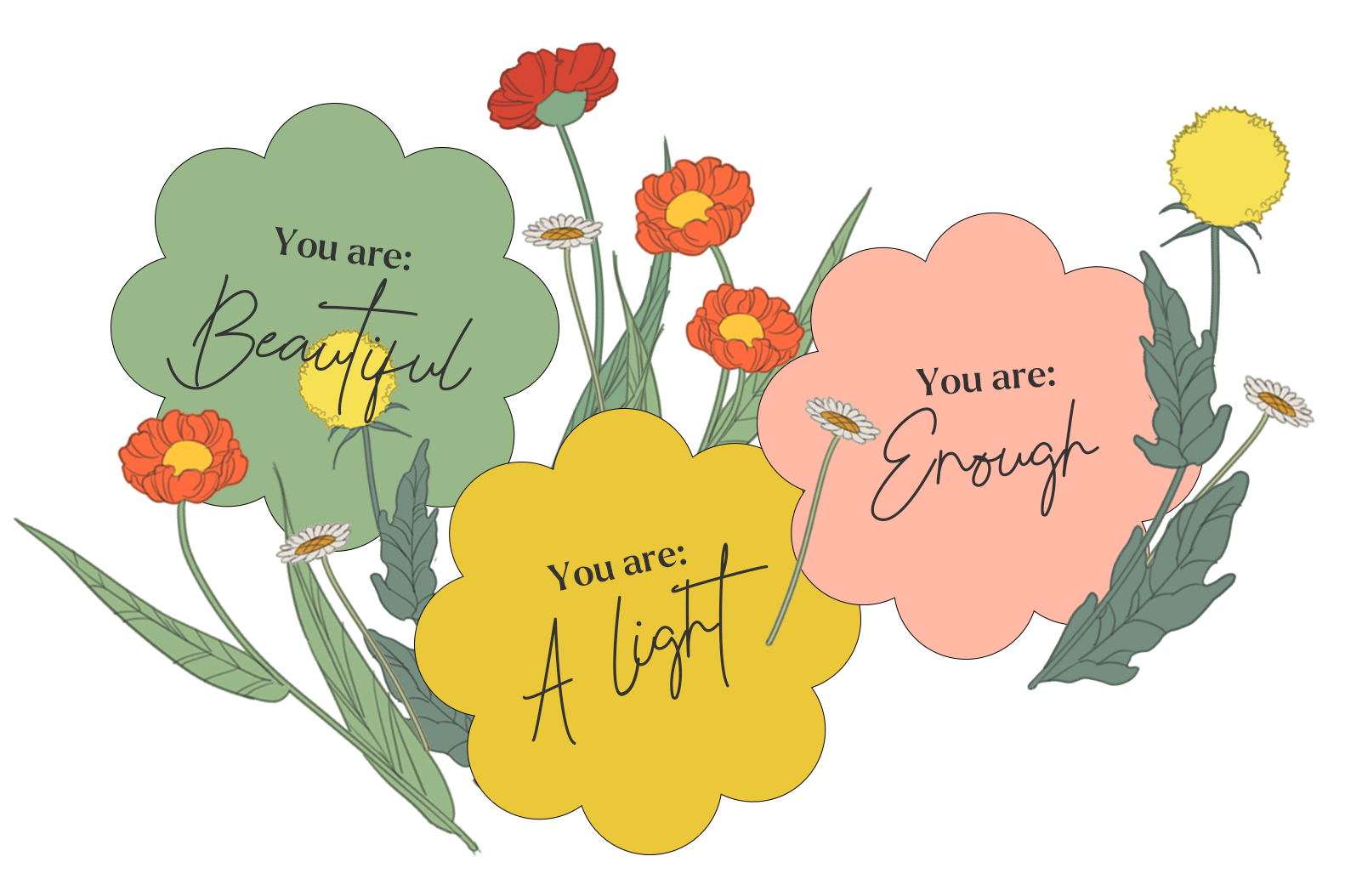I am an introvert.
At parties, I can usually be found in the corner away from the crowd. In school, I keep to a close-knit group of friends that I can truly be myself around.
If possible, I avoid socialising at large-scale events, since the thought of being around a huge crowd of strangers is enough to overwhelm me.
My introversion seemed like a weakness when I entered university.
The dominant culture was one of networking and building connections; attending faculty orientations or staying on campus were seen as huge milestones for most freshmen.
While all my friends seemed to be enjoying themselves, I often felt out of my element in these social settings.
I started to question why I was born this way, or why I had to struggle with anxiety when meeting people for the first time.

Nevertheless, whenever the opportunity to interact with others arose, I took up the chance in a bid to step out of my comfort zone.
However, I often left feeling frustrated that I was not having as much fun as others were.
My desire to fit in and morph into a sociable and well-liked individual pushed me to apply for a two-year stay at a residential college.
Wrestling with myself and my fears
Not long after moving in, my insecurities about my reticent nature and tendency to compare myself with others undergirded my actions.
I spent the first semester of my stay focused on pushing the limits of my introversion.
Despite not enjoying myself, I showed up for social events and signed myself up for bonding opportunities that came my way.
… my goals of self-improvement and growth were in reality a mask for my need for others’ approval.
But after each event, I ended up stuck in my own head.
I replayed interactions in my mind and wondered what I could have done or said better.
Seeing my extroverted friends casually building friendships and gaining popularity also made me feel even smaller inside.
What did they have that I didn’t?
To make matters worse, I was struggling with my self-image.
I viewed myself as a mediocre individual. Compared to the attractive and friendly girls in my cohort, I felt mundane and unappealing.
I often remarked that I was already disadvantaged in the looks department, which made me loathe my introversion more.
I felt that if I was sociable, at least my personality would win others over.
Eventually, this constant fight for perfection in my interactions took a toll and led to many moments of breakdown in my room.
Amidst the tears, I wrestled with God.
The hatred for myself deepened even as I struggled with the bitterness of not meeting my own expectations.
I came to see that my goals of self-improvement and growth were in reality a mask for my need for others’ approval.
Struggling in the classroom
Things were not going well in my studies either.
My major required me to be vocal in class regularly, with class participation easily making up 20-30 percent of my module grades.
The fear of not being competent enough haunted me as I found myself drenched in cold sweat whenever it was time for a lesson.
Not only was I afraid to unmute myself on Zoom, I often did not understand what my classmates were saying in their discussions.

As I struggled to stay afloat, doubt started to set in and I wondered if I was really called by God to be in this major.
It got to a point where I was no longer listening to the content shared by the professor, but desperately thinking up ways in which I could speak up.
When a lesson ended without me having said anything, the belief that I had failed and that my grades were in shambles would fill my thoughts for the rest of the day.
Holding on to Truth
But one time during a lesson where I was facing the same insecurities, I decided to try something different.
I was reflecting on God’s promises when I realised that there were many things He had said about me in His Word that I had chosen to conveniently forget.
On a new Post-it pad, I began jotting down character traits of mine that aligned with what God in the Bible about His children.
For each trait, I included an accompanying verse to refer to, for whenever I doubted myself.
It felt extremely liberating to know that these were promises that God had given me, because no person, environment or situation – nothing could change these truths.

Every time I was tempted to buy into the lies of the enemy that I was lousier than others or that my introverted nature was a disadvantage, I looked to God’s promises for me instead.
Before every lesson, I also made it a point to look at my wall and remind myself of these promises.
I realised soon enough, that by wallowing in my self-pity and pitting myself against others, I was wasting time fighting futile battles and hindering myself from being truly used by God.
My battle was not against individuals or even against what I perceived to be my own flaws. My battle was a spiritual one, and I was learning to lean on God’s Word.
“For our struggle is not against flesh and blood, but against the rulers, against the authorities, against the powers of this dark world and against the spiritual forces of evil in the heavenly realms” (Ephesians 6:12)
This little Post-it activity was the beginning of God’s work in me.
God continued to change the way I saw my worth and identity, and one way He did that was through the book study my cell group happened to embark on in that season.
The book – Victory Over the Darkness by Neil T. Anderson – examined the issues of identity and worth, guiding readers to remember and return to their position in Christ.
As I pondered over each chapter, I was made to confront all the wrong thoughts I had towards my self-worth and weaknesses.
Being able to walk together with my cell sisters and brothers also made me feel supported and heard, even as God continued to undo the lies that I had accepted as truths.
One other thing I did was to pray before engaging in social interactions that would typically make me anxious.
We often wrongly assume that we are limited and powerless to change our circumstances.
That might be true by our own strength, but with God nothing is impossible.
I was wasting time fighting futile battles and hindering myself from being truly used by God.
In my reflections, I came to see that since God had placed me in this community – classes and environments that required me to socialise in – He must have His reasons for it.
Whether that’s to bless others, mould me or teach me something about Himself, I know that He will strengthen me to be a good friend to those who I interact with.
Therefore, I do not need to feel held back by how quiet or reserved I am as a person.
He is the one who will guide my speech and actions to edify those He has placed around me.
Embracing who He has called me to be
Of course, I cannot claim to be completely free from my insecurities.
There are times when I still feel limited by my introversion, and prefer spending time alone or in small groups rather than in large crowds.
However, God is slowly but surely changing the way I view this side of myself.
He has shown me that my introspectiveness and preference to listen rather than speak can be a blessing to others.

Instead of racking my brains over how I can be more extroverted, I now value my thoughtfulness and empathy in social settings in picking out friends who might be struggling (just like I did!).
Since I also lean towards one-to-one interactions, I lean into my passion for heart-to-heart conversations and look for opportunities to share joy and hope with my friends.
Now when I do choose to step out to socialise, I know that I am no longer defined by how others perceive me.
I can actively choose God’s peace and acknowledge that I do not have to be accepted by everybody.
After all, my validation only comes from one Source, who has said that He looks beyond the external things.
- Sum yourself up in five words.
- How many of those words have an impact on your self-worth? What if they were taken away?
- Founding your identity on what God says of you, what might your “wall” and Post-its look like?
- How might God be glorified in your weaknesses? How about your strengths?
- Say a prayer to thank God for the way He has made you. Ask Him to guide you into being a living vessel of His love.









